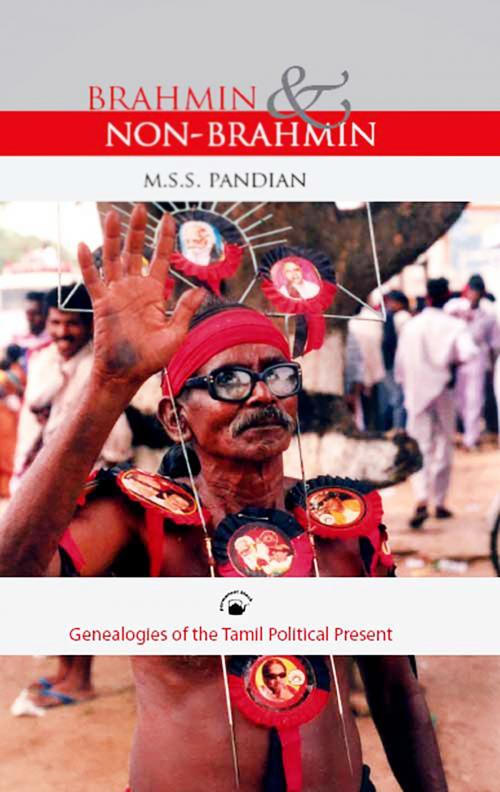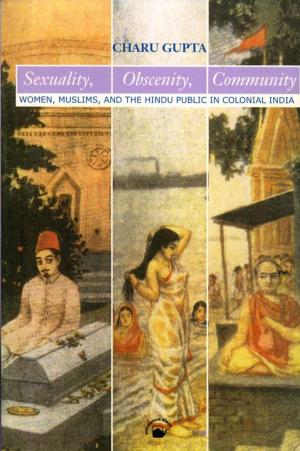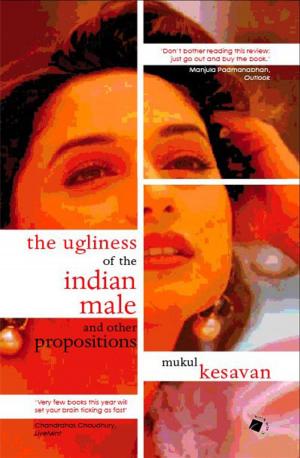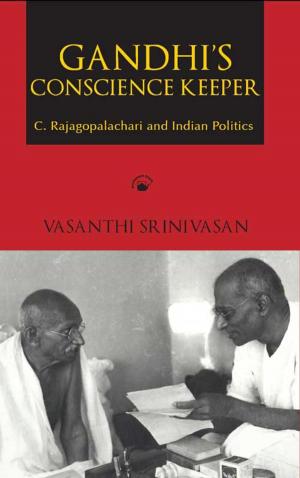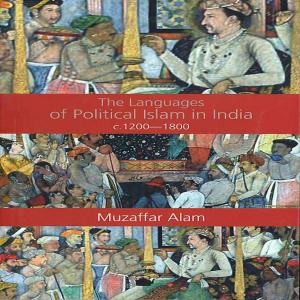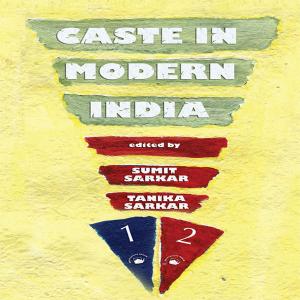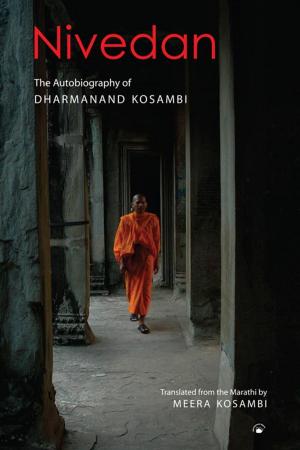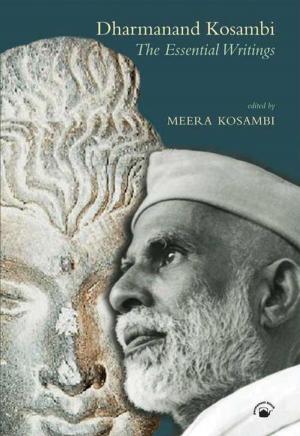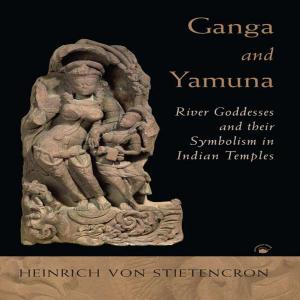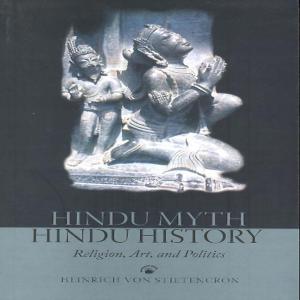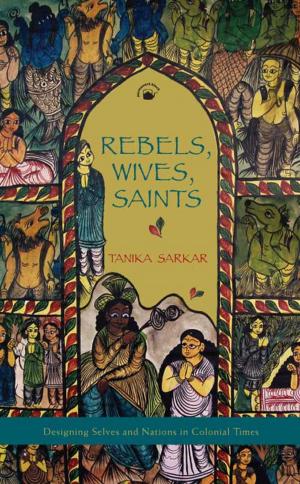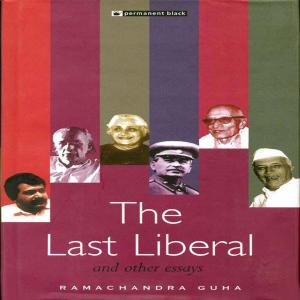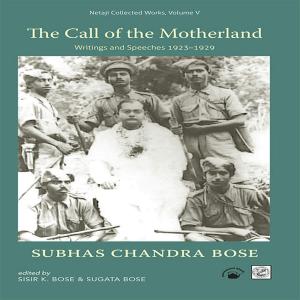Brahmin and Non-Brahmin
Genealogies of the Tamil Political Present
Nonfiction, Social & Cultural Studies, Social Science| Author: | M.S.S.Pandian | ISBN: | 9788178245034 |
| Publisher: | Permanent Black | Publication: | June 15, 2016 |
| Imprint: | Language: | English |
| Author: | M.S.S.Pandian |
| ISBN: | 9788178245034 |
| Publisher: | Permanent Black |
| Publication: | June 15, 2016 |
| Imprint: | |
| Language: | English |
In South India, the categories ‘Brahmin’ and ‘non-Brahmin’ are frequently treated as self-evident, both within contemporary Tamil politics and in mainstream academic discourses. Departing from this political and academic ‘common sense’, the present book historicizes the complex processes by which these categories came into being and acquired political power over the past century. Using archival, regional-language, and unconventional sources, M.S.S. Pandian unsettles the ‘self-evident’ quality of these two categories and opens up a rich theoretical-critical space to rethink and understand them. In the process of unravelling and historicizing the so-called ‘naturalness’ of ‘Brahmin’ and ‘non-Brahmin’, this book also offers a new perspective on colonialism in South India. Stepping away from mainstream nationalist accounts of colonialism, it shows the ways in which colonialism was, for various strata of Tamil society, both a moment of crisis as well as one of possibilities. The book argues that it was this dual and ambiguous quality of colonial rule which facilitated new ways of looking at the figure of the Brahmin, even as it enabled the making of a non-Brahmin identity. The importance of this book for understanding politics and society in Tamil South India over the past hundred and more years can scarcely be exaggerated. The Non-Brahmin writings and discursive strategies of E.V. Ramasamy ‘Periyar’, Maraimalai Adigal, and Iyothee Thoss, alongside those of a wide array of Brahminic thinkers and propagandists (both within Congress and outside), are presented here with a degree of sophistication and analytic skill not available in other works of political, social, and intellectual history on the Indian South. This book will interest every historian, sociologist, and political analyst of India, as well as all who wish to understand anti-Brahmin and anti-upper-caste social movements.
In South India, the categories ‘Brahmin’ and ‘non-Brahmin’ are frequently treated as self-evident, both within contemporary Tamil politics and in mainstream academic discourses. Departing from this political and academic ‘common sense’, the present book historicizes the complex processes by which these categories came into being and acquired political power over the past century. Using archival, regional-language, and unconventional sources, M.S.S. Pandian unsettles the ‘self-evident’ quality of these two categories and opens up a rich theoretical-critical space to rethink and understand them. In the process of unravelling and historicizing the so-called ‘naturalness’ of ‘Brahmin’ and ‘non-Brahmin’, this book also offers a new perspective on colonialism in South India. Stepping away from mainstream nationalist accounts of colonialism, it shows the ways in which colonialism was, for various strata of Tamil society, both a moment of crisis as well as one of possibilities. The book argues that it was this dual and ambiguous quality of colonial rule which facilitated new ways of looking at the figure of the Brahmin, even as it enabled the making of a non-Brahmin identity. The importance of this book for understanding politics and society in Tamil South India over the past hundred and more years can scarcely be exaggerated. The Non-Brahmin writings and discursive strategies of E.V. Ramasamy ‘Periyar’, Maraimalai Adigal, and Iyothee Thoss, alongside those of a wide array of Brahminic thinkers and propagandists (both within Congress and outside), are presented here with a degree of sophistication and analytic skill not available in other works of political, social, and intellectual history on the Indian South. This book will interest every historian, sociologist, and political analyst of India, as well as all who wish to understand anti-Brahmin and anti-upper-caste social movements.
